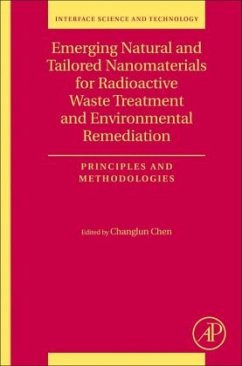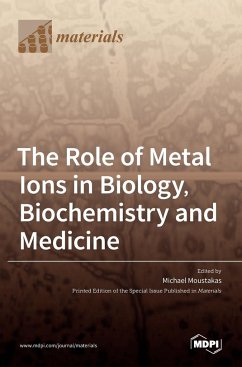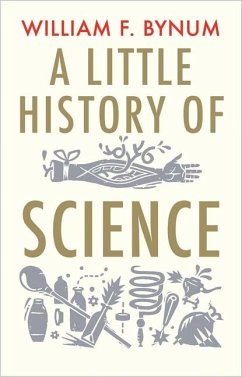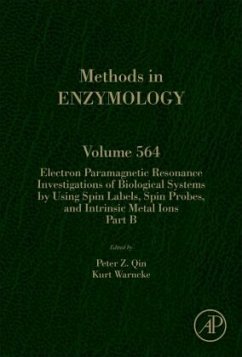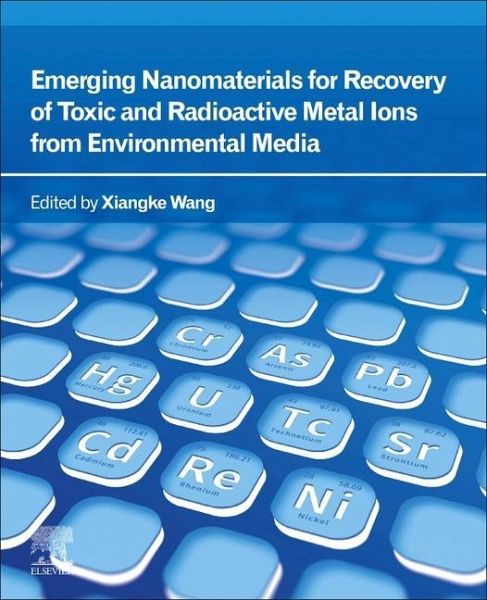
Emerging Nanomaterials for Recovery of Toxic and Radioactive Metal Ions from Environmental Media

PAYBACK Punkte
48 °P sammeln!
Emerging Nanomaterials for Recovery of Toxic and Radioactive Metal Ions from Environmental Media covers nanomaterials used in the environmental remediation of sites contaminated by toxic or radioactive heavy metals. The book comprehensively covers the use of MOF-based nanomaterials, COF-based nanomaterials, MXene-based nanomaterials, nZVI-based nanomaterials and carbon-based nanomaterials in remediation techniques and details the main interaction mechanisms between toxic/radioactive metal ions and the described novel nanomaterials through kinetic analysis, thermodynamic analysis, spectroscopic...
Emerging Nanomaterials for Recovery of Toxic and Radioactive Metal Ions from Environmental Media covers nanomaterials used in the environmental remediation of sites contaminated by toxic or radioactive heavy metals. The book comprehensively covers the use of MOF-based nanomaterials, COF-based nanomaterials, MXene-based nanomaterials, nZVI-based nanomaterials and carbon-based nanomaterials in remediation techniques and details the main interaction mechanisms between toxic/radioactive metal ions and the described novel nanomaterials through kinetic analysis, thermodynamic analysis, spectroscopic techniques and theoretical calculations. It provides a thorough reference on the use of the described novel nanomaterials for academics, researchers and advanced postgraduates in the environmental sciences and environmental chemistry.





